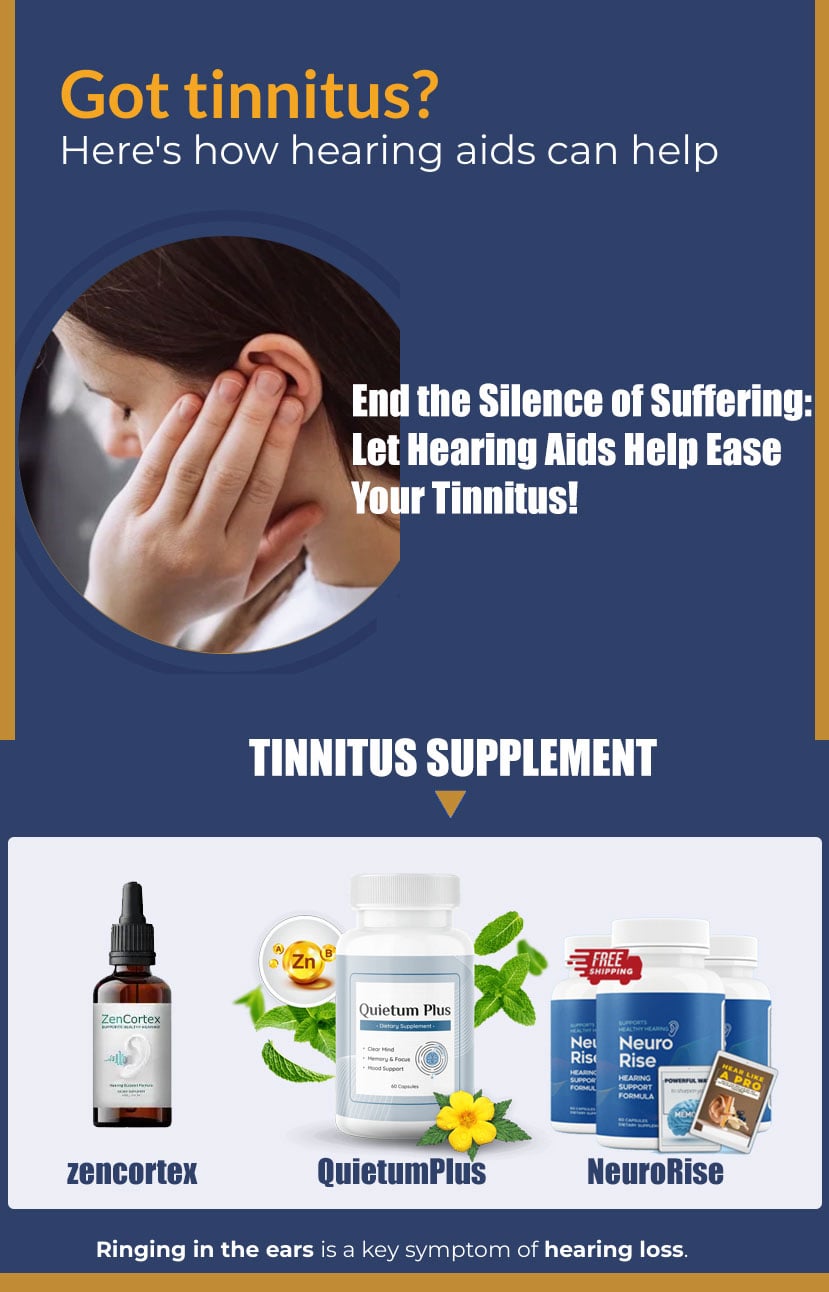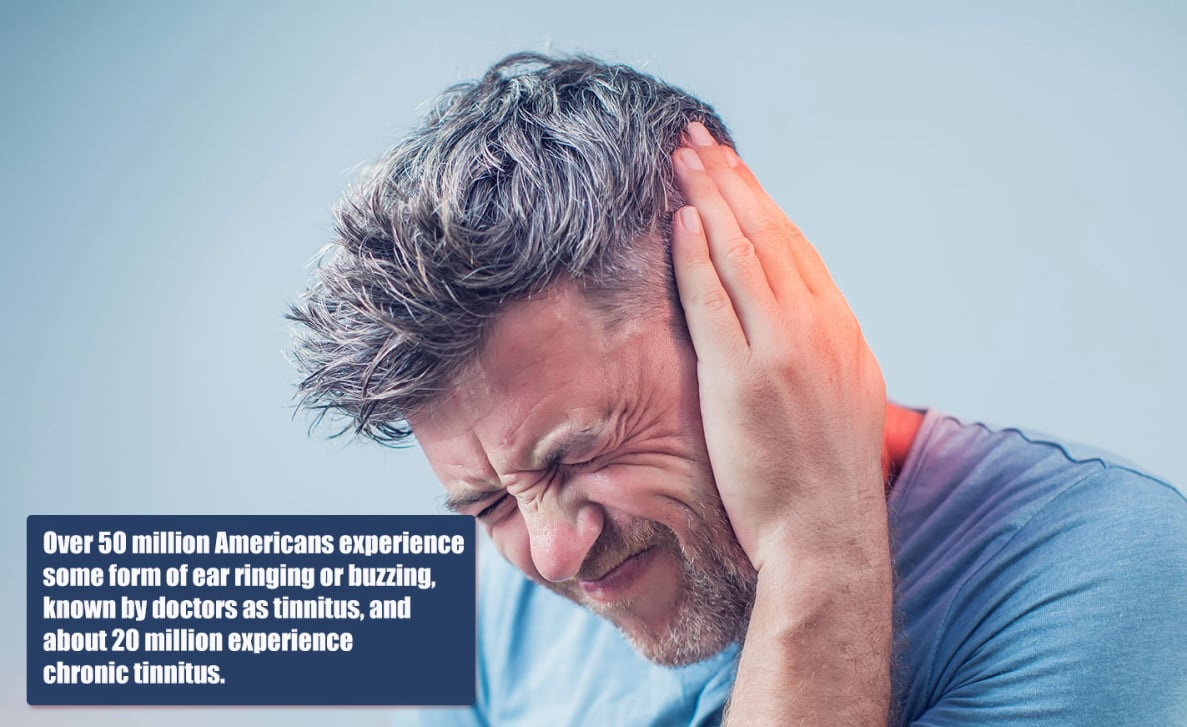Tinnitus is a complex condition without a one-size-fits-all cure. However, several treatments are available that aim to reduce its intensity or help individuals manage it better.
• Addressing Underlying Causes: If there is an identifiable cause of your tinnitus, treating that cause is the first step. Earwax buildup, for example, can be removed, or infections can be treated with medication. If a particular medication is suspected of causing the problem, your doctor may adjust the dose or suggest an alternative. It’s important to always consult a healthcare professional before making any changes.
• Sound Therapy: Using sound to manage tinnitus involves introducing external noise that either masks or distracts from the ringing.
o Hearing Aids: For people who have hearing loss alongside tinnitus, hearing aids can amplify external sounds, allowing the tinnitus to blend into the background rather than being the sole focus.
o Sound Maskers and Wearable Devices: Sound maskers are small devices that produce white noise or nature sounds, which help cover up the tinnitus. They can be used during the day or while sleeping.
o Combination Devices: These combine the functions of hearing aids and sound maskers, providing a more comprehensive approach for those who need both amplification and masking.
• Behavioral Therapy: Tinnitus often triggers a cycle of stress, which makes the condition worse. Cognitive Behavioral Therapy (CBT) is one of the most effective ways to break this cycle. By changing how you respond emotionally to tinnitus, CBT helps make the noise less intrusive and distressing.
• Tinnitus Retraining Therapy (TRT): TRT works by combining sound therapy with counseling, with the aim of teaching the brain to classify the tinnitus as a neutral background sound. With time and exposure, the goal is for the sound to fade into the background of everyday life, becoming less noticeable.
• Medications: There aren’t any specific drugs approved solely for tinnitus, but certain medications can help address related symptoms like anxiety, depression, or trouble sleeping. Antidepressants or anti-anxiety medications may be prescribed in severe cases where tinnitus significantly impacts quality of life.
These treatment approaches, while varied, all focus on one key goal: reducing the impact of tinnitus on daily living. There may not be a "cure," but with the right tools, the condition can become far more manageable.















